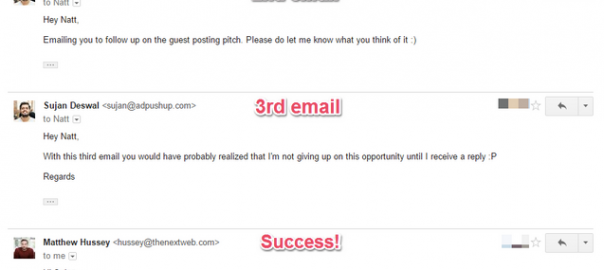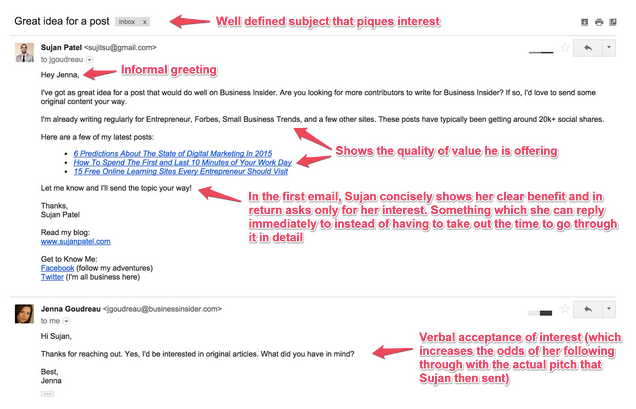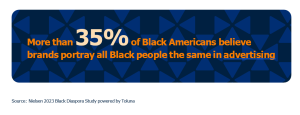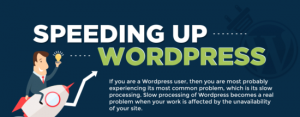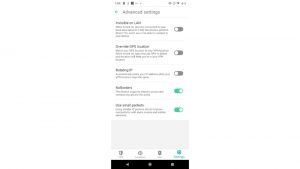“It takes 10% of population holding an unshakable belief to convince the rest of the population to adopt the same belief.” – Branderati
Can we call ourselves accomplished marketers if all that’s stopping us from effectively engaging a peer and building mutually beneficial relationships, is an email? The right email?
As part of a 3-member marketing team (which also includes the co-founder) in a lean startup, I have to wear quite a few different hats for opportunities to create awareness and generate buzz among our target audience.
It’s no secret that if you want to tap into such a huge spread, an efficient way to go about it is by piggybacking on an influencer. Simply because it provides for a shorter route to get to your target group and build yourself as an authority in your industry.
Because we were writing a ton of posts on our blog that with quotes and advice from influencers, it was important to reach out to let them know and more importantly, to persuade them to share our posts with their followers (aka our target audience).
We weren’t just looking for shares, we were looking to build a relationship where we can help our businesses grow together.
Keeping this in mind, I set out to the task of writing and sending 446 influencer outreach emails in 5 months (I felt cool at this number so I stopped counting after that). The outreach tips you’ll find below are a culmination of that experience, born out of fast and aggressive learning, failing, optimizing, failing again, and finally winning.
Before we begin, I want you to understand that as long as you have a few things sorted out (listed below), it’s not that difficult of a deal to engage and influencer.
So let’s get started.
1. Use your subject to sum up
Right now, you’re probably wondering how to summarize a complicated pitch email in one line. Well, then how do you summarize an entire 2000-word blog post in a 140-character tweet?
You do it because it’s a rule that can’t be bypassed. So you’re forced to come up with creative ways to build a reader’s interest within a fixed word limit.
So let’s talk about subject lines. How do you write subject lines that people click on? By being honest. Take a look at these subject examples from my own ‘Sent’ folder:
- Pitching a guest post: “Hey Natt, I’d like a minute of your time to pitch an article for a guest post.” (this one is longer than you’d want to aim for)
- Asking an influencer for a post: “Neil, I need your awesomeness and fifteen seconds :)”
- Requesting advice: “Hey Sid, I wanted to ask you a few questions about ‘50 shades of growth’”
These subject lines were quite plain and simple – simple but honest. The recipient got a good idea of what I’m proposing, even before they opened their email. This puts them in charge, as opposed to tricking them into opening the email with a baity subject line. And no one likes to be fooled. Not you, not me, not anyone.
2. Demonstrate your credibility
For my first guest post, I swung for the fences by trying to republish our eye-tracking post on The Next Web. The odds weren’t in my favor since I was quite unknown, and we kind of assumed that the editor wouldn’t reply.
But here’s the thing: the post that I pitched was very well-written, if I say so myself, and at par with what TNW publishes. I just had to convince them of that.
When reaching out to influencers, you have to give them a reason to care. They don’t take action on mediocre work. Demonstrate your credibility by introducing yourself with a brief rundown of your biggest wins in your introduction. They may have never heard of you, but maybe they’re familiar with the work you’ve done, which is worth noting.
Be it a guest post pitch or a chance to work together – show your value by showing your work. Let them know that working with you will be beneficial to them, because you’re a professional doing awesome things.
3. Treat them like equals
I’ll have to give credit to Joe Putnam for this advice. He says: “You’re as much a professional as they are regardless of your experience (or inexperience). Fanboyism is a total turn-off; if that is all that you have to offer.”
No need to start your email with “Sir/Madam” or “Mr. XYZ.” Using first names is perfectly acceptable. It shows the right balance between professionalism and still keeping things personal.
Also, instead of showing appreciation through fanboy comments, show interest in their work and relate to their lives as a friend would.
For example, I came across a tweet by SEMrush’s Kathleen Garvin mentioning her student loans (something which even I’m struggling with). Since I could relate to it, I added it in the pitch for a guest post at the SEMRush blog.
Note: Even if influencers know outright that you’re trying to build a rapport with them with personal remarks, they will appreciate that you took the time to carry out proper background research.
4. Write concisely
If you’re reaching out to someone for the first time, keep it short.
Why? Because before the exchange of value, you have to gauge their interest first.
Quite a number of people make the mistake of dumping all the information in the first email itself (I did, too). Probably because we’re scared that this is our first and last opportunity to engage the influencer.
But what a long-winded email actually does is create ‘information overload,’ which is then filed under “Read Later,” where it gets lost among others that are making the same mistake.
Below, Sujan Patel shows us how it’s done:
In his email, he concisely made his pitch and then asked if the recipient was interested before he went into all the details, like post ideas.
5. Build your own voice
I’ll admit that when I first started doing outreach, I picked up email templates and re-used them, as is. It seemed like a safe and proven way to connect with influencers. And I can attest to that fact that yes, templates do work.
But here’s the thing – it’s not personalized, which can make it harder to stand out in a crowded inbox.
Once I realized that I customized all my email templates accordingly to reflect my personality. Essentially, I started putting myself out there. And what gave me the confidence to do that? A simple belief that all I’m doing is talking to someone new.
Now, instead of generic email templates, I send emails like these:

Public email templates are an excellent starting point, but you don’t want to send emails that don’t show the recipient who you really are. Even just altering the greeting and signoff adds your own personality.
6. Make it mutually beneficial
Don’t expect something for nothing. If someone important is going to take time out to work with you, it needs to provide value for them.
This is what Wikipedia founder, Jimmy Wales, advised when someone asked him a question on Quora regarding how can startups reach out to him for an opportunity to collaborate:
“Third, tell me how it benefits me. I’m very very active in my charity work, but your startup is not a charity…”We thought you’d enjoy meeting young entrepreneurs” – bzzzzt. I DO enjoy meeting young entrepreneurs, I do it all the time as a matter of routine at conferences and through friends and so on. But if you’d like more than a friendly pat on the back and encouragement, then treat me like a businessperson – let’s find something that’s mutually agreeable. “If you could join us as an advisor, we’d be able to compensate you with stock options in a quantity appropriate to our stage of development.” – yay.”
Always be thinking of the “What’s in it for me,” because it’s a question every recipient will be asking themselves.
“But what if I have nothing to offer?” For the less experienced of the bunch, it’s a real fear. When I found myself in that situation, I offered my support and advice for whenever they needed it. But remember, those promises are only valuable if you follow through with the commitment.
7. Always follow up
This the best tip I can give you, which is why it’s the last.
Out of the 446 emails that I’ve sent, I can confidently say that more than 60% yielded a response only because of my following up on the first email. Influencers are busy – “no response” doesn’t usually mean “no,” it means they got busy.
Follow-ups simply act as a reminder. For people that intended to respond, but got lost in commitments, appointments, and other incoming emails.
A good rule of thumb is to wait at least 72 hours after sending the first email to follow-up. This is to give them enough of a chance to reply to your first email before sending another. And while you want to be persistent, following up too frequently can be a nuisance.
For example, I had to follow up with TNW three times before a reply came from their side:

With a valuable proposition and a good pitch, there’s no reason you won’t get a response. Even if they can’t work with you currently, they may send a note showing interest and a promise to collaborate later.
Wrapping up
- Be yourself and show your personality.
- Make sure you’re clear on the benefit to the influencer.
- Always follow up.
Getting influencers to respond is not that, difficult provided there’s something in it for them and that you’re persistent.
Are there any email outreach tips that you’d like to share with us? A method that you’ve seen bring in results? Do comment below.
Digital & Social Articles on Business 2 Community(223)
